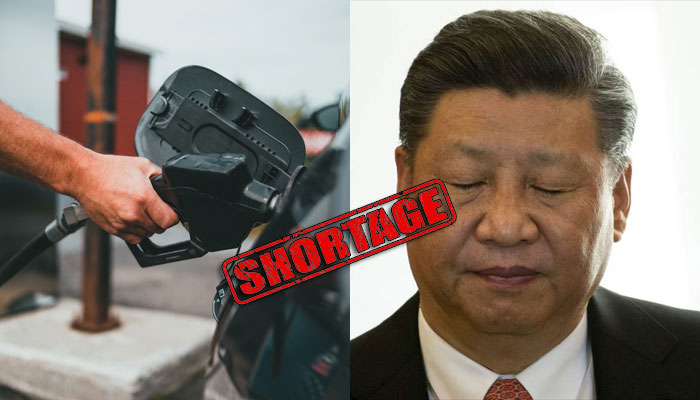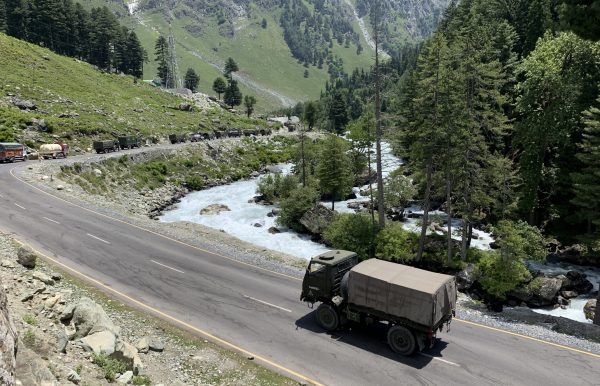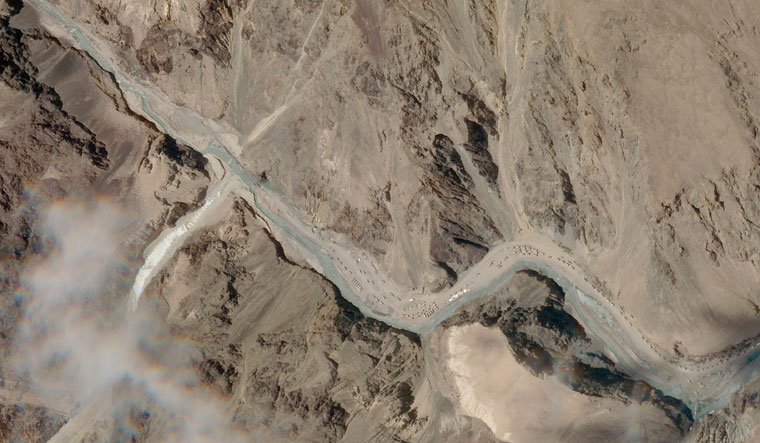Agree with most points, however, it also showed our weaknesses and shortcomings, made us wake up from slumber and sniff the coffee. But yes, overall, benefits for the Chinese side are much greater due to their inexperience, hence their learning curve is sharper.
They can (probably are already doing), but holding rainforest jungle mountaineous areas are most difficult. Once they set off foot from their paved roads, it transitions to guerrila warfare. No technology works properly, either drone, armour, radar, thermal cameras, nothing. Only foot-soldiers can take and hold control.
So unlike Ladakh they cannot just roll in armour and set up camps, and block our patrols. There are thousands of alternate routes and ambush strategies.
Chumbi Valley is a liability of the Chinese which will be the first piece of land China will lose if they try some serious offensive in NE.
True in fact in some domains the chinese did have an outright edge over us despite their lack of experience in the overall theatre.
Their deployment speed and the ability to move the bulk of their tail end units in matter of days is truly remarkable. They had a well established solid logistics chain which showed it's resilience with the constant induction and de-induction of troops at a fast pace.
Better gear and equipment (Ex: Riot shields and vests) along with good a surveillance network. If i am not mistaken i remember reading about chinese camps in despang being as far as 7 km away while Indian camps were around 3 km away but they were still able to intercept our patrols due to better inputs.
They also have a better strategy in place and a set of objectives towards which they have been working throughout the years with varying degrees of success. The cohesion between civilians and the PLA is also excellent which enables them to properly leverage the grey zones and our diplomatic corps.
In some domains they have a huge lead. Their arms manufacturing capabilities dwarf anything we have in comparison they can churn out more of anything which is extremely important in a high intensity war. They have a solid supply or spares due to inhouse construction and design while ours is very unreliable.
At the end of the day it really comes down to how well each side can exploit it's advantage. If china can properly leverage it's deployment speed along with a better intel network and the aggressors advantage they could try and knock out the IAF which is the weakest branch due to the lack of numbers and the inability to withstand attrition out of the fight in a matter of hours or days. In such a scenario it will become extremely difficult for the army to hold on to major sectors or mount offenses in any meaningful way.
If India on the other hand can manage to repeal such a surprise attack through scattering and high temp sorties we can very well contest for air domination and give the army sufficient rooms for long drawn battles which could then result in China finally giving up due to increasing diplomatic pressure isolation if they are unable to score major victories which would be a massive blow to their superpower dreams while our prestige would grow manifolds for stopping a superpower in progress.
It could turn upside down again if India is unable to garner enough diplomatic support which would then lead to a a battle of attrition where India is severely disadvantaged and this is something that we must avoid at all costs due to the weakness of our manufacturing Industries.




